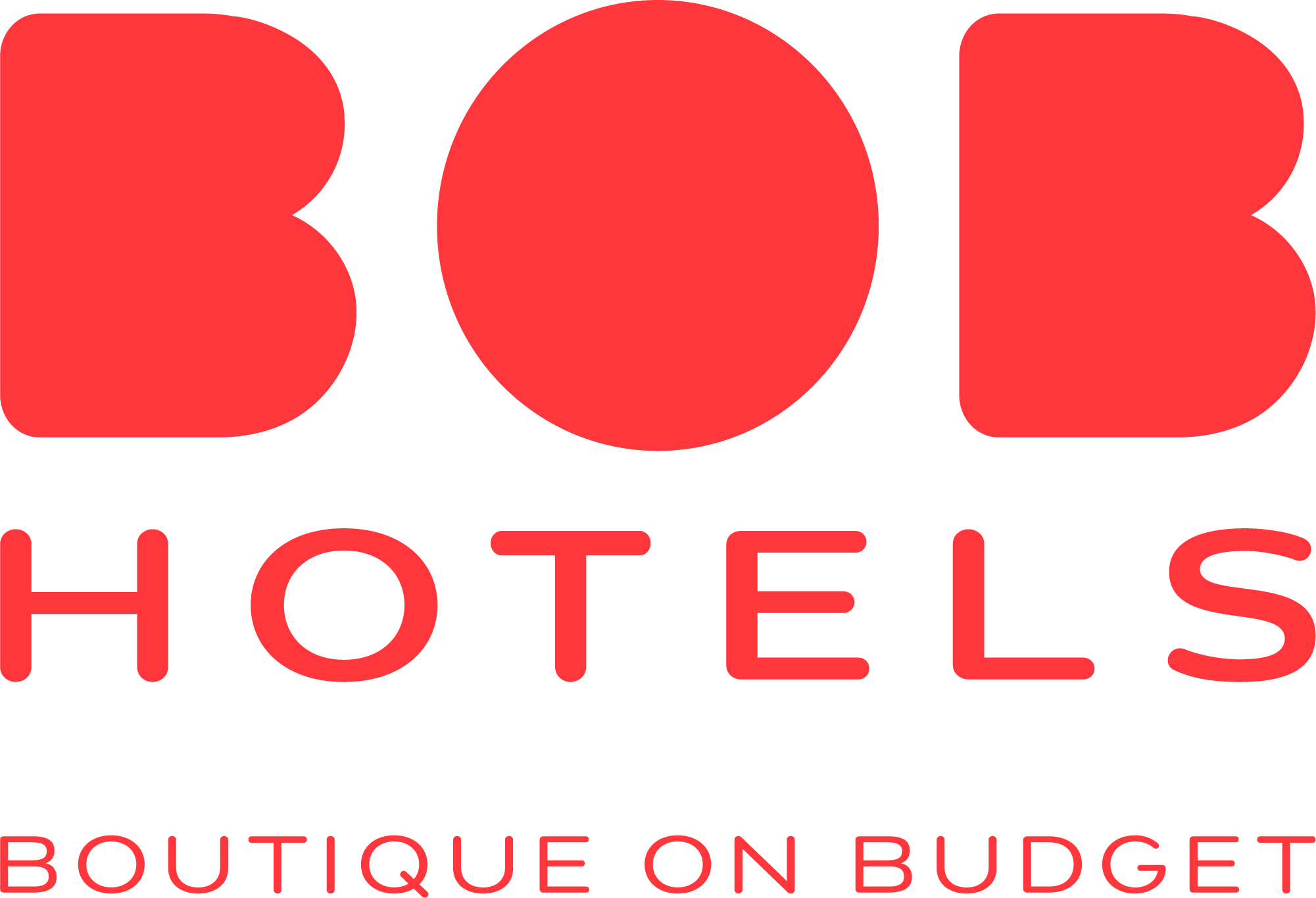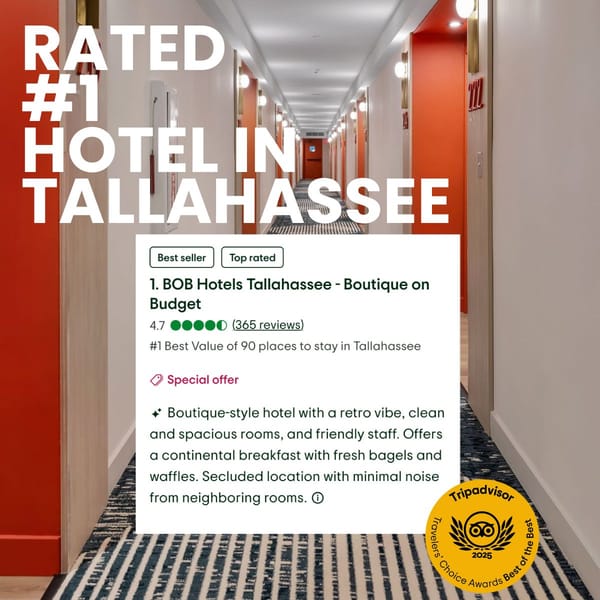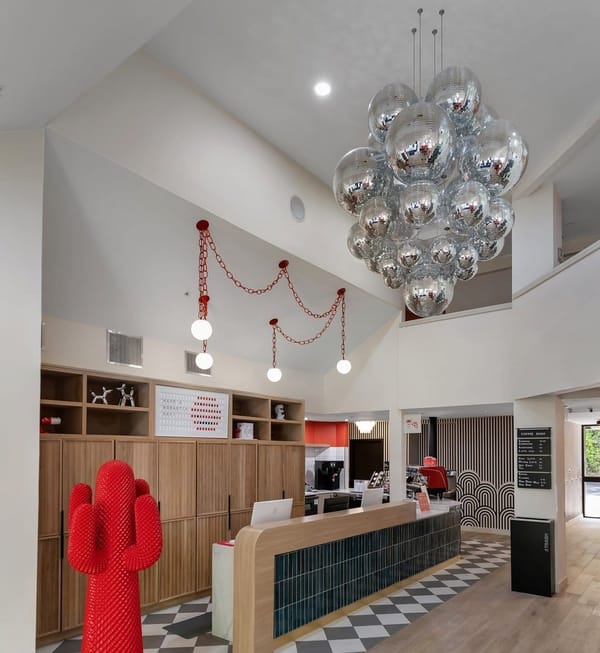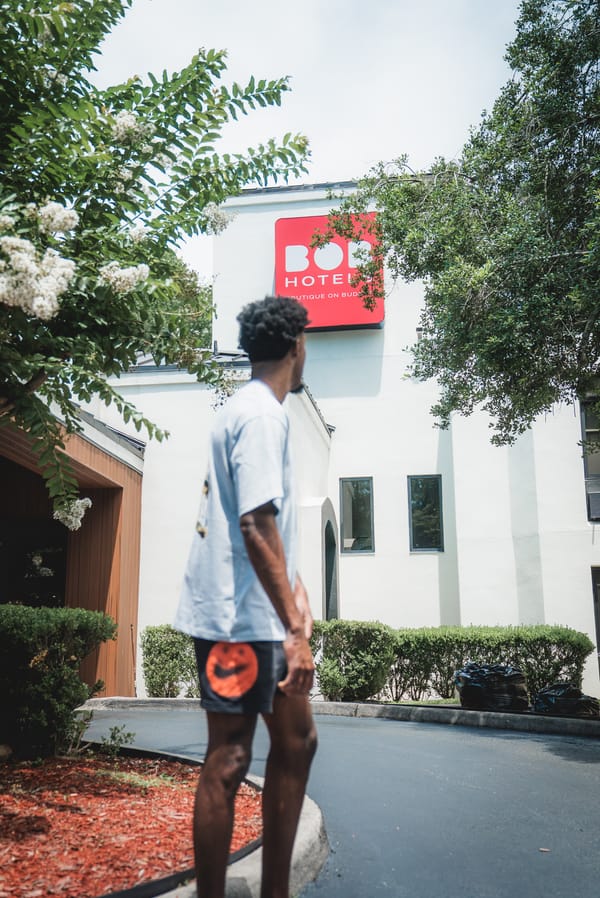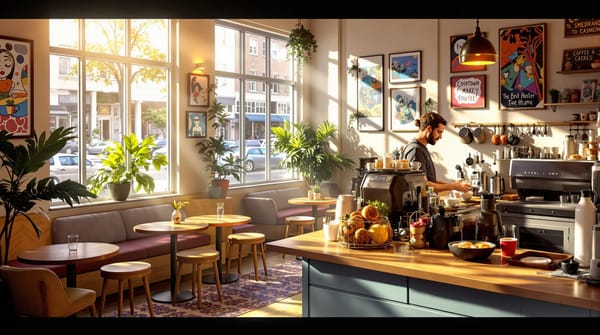Why Millennials Trust Social Media for Travel
Explore how social media influences millennial travel choices and inspires authentic cultural experiences around the globe.
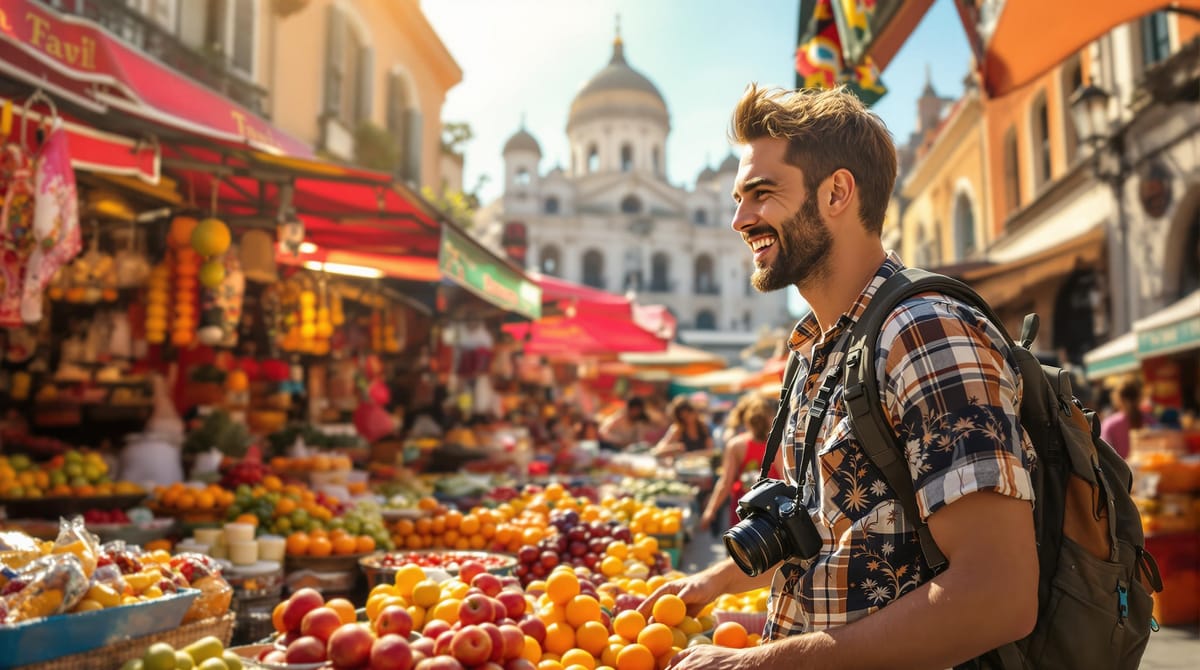
Social media has transformed how millennials travel. Here's why:
- 80% of millennials rely on social media recommendations for travel decisions.
- Platforms like Instagram, YouTube, and TikTok dominate travel inspiration, with TikTok gaining popularity for short-form videos.
- 52% choose destinations after seeing content shared by friends, family, or influencers.
- Millennials value authentic cultural experiences showcased by local creators on social media.
- 97% of millennials share travel moments online, creating a feedback loop of inspiration.
From trip planning to cultural connection, social media is now a key tool for exploring and experiencing the world.
How Instagram Influencers are Driving Tourism
Social Media's Impact on Travel Inspiration
Social media has reshaped how millennials find and pick their travel destinations. With visual platforms, travelers can explore places virtually before deciding to visit.
Top Platforms Influencing Travel Choices
Instagram, YouTube, and TikTok are the go-to platforms for millennial travel inspiration. According to the Klook Pulse study, these platforms are the main sources of trip ideas for Generation Y travelers in the Asia-Pacific region [1].
| Platform | Role in Travel Inspiration |
|---|---|
| Showcases destinations visually | |
| YouTube | Helps with detailed trip planning |
| TikTok | Offers quick ideas and trends |
The Role of Influencers and Peer Recommendations
Word-of-mouth, amplified by social media, plays a huge role in travel decisions. Millennials trust influencers and peers when planning trips. Research shows that 80% of travelers base bookings on content from influencers [1], and 52% are inspired by posts from friends or family [3].
Influencers often highlight local experiences, bridging the gap between inspiration and a deeper connection to local cultures. Social media makes travel ideas feel more relatable and trustworthy compared to traditional ads. Plus, it encourages sharing - 60% of travelers post their trip photos online [3].
This continuous sharing keeps travel inspiration fresh and influences how millennials connect with and view different cultures during their adventures.
Cultural Representation in Travel Content on Social Media
Social media has reshaped how millennials connect with different cultures, offering a platform for storytelling and discovery from local perspectives.
Social Media and Cultural Tourism
Social media has become a major influence in cultural tourism, spotlighting local experiences and perspectives. According to the Klook Pulse study, 80% of millennials and Gen Z travelers base their travel bookings on recommendations from content creators [1]. This shows just how much social media impacts decisions related to cultural exploration.
Collaborations like Abu Dhabi's partnership with Expedia use storytelling to cater to millennials' growing interest in culturally rich travel [4]. This approach appeals to those seeking meaningful cultural experiences rather than traditional tourist activities.
| Cultural Content Type | Impact on Travel Decisions |
|---|---|
| Local Creator Content | Builds the most trust and engagement |
| Destination Stories | Strongly influences booking choices |
| Cultural Experience Shares | Encourages exploration of new places |
Engaging with Diverse Cultures through Social Media
Millennials are actively engaging with cultural content on platforms like Instagram and TikTok. A report by StudentUniverse shows that 88% of Gen Z follows at least one travel influencer, highlighting the growing role of cultural representation in travel content [1].
To better represent diverse cultures, effective social media strategies include:
- Collaborating with local creators for authentic insights
- Using culturally specific location tags
- Highlighting genuine cultural experiences over generic travel content
These practices help create a deeper understanding of destinations, moving away from superficial tourism. According to the Expedia Traveler Value Index, 53% of Gen Z consumers turn to social media for travel ideas, prioritizing content that highlights real cultural experiences [4].
This shift toward cultural representation is shaping how millennials and Gen Z use social media to plan and experience travel.
Future Trends in Social Media and Travel
The Rise of Short-Form Video Content
Short-form videos are now shaping how millennials choose travel destinations, with TikTok emerging as a go-to platform for discovering new places [1]. This shift is changing the way younger travelers research and decide where to go. In fact, 97% of millennials share their travel moments through photos and videos while on trips [3].
Platforms like TikTok, Instagram Reels, and Stories are leading the charge, offering quick glimpses of real experiences and up-to-date content. These videos often highlight cultural experiences, making a variety of destinations seem more approachable and enticing to millennial travelers.
As these bite-sized videos spark wanderlust, social platforms are also evolving to make trip planning easier by integrating helpful tools and features.
Social Media Tools Transforming Travel Planning
Social platforms are stepping up with advanced planning tools tailored for the social nature of travel, especially for millennials. With 69% of travelers now booking activities ahead of their trips [1], platforms are innovating to meet this demand.
AI-powered tools and virtual previews are making it easier than ever to plan trips. Travelers can now:
- Build personalized itineraries based on their preferences
- Find unique local activities and experiences
- Virtually explore destinations before committing to bookings
This trend is especially prominent among younger users, with 53% of Gen Z relying on social media as their main source of travel inspiration [4]. These tools focus on showcasing genuine, culturally rich experiences, moving away from the typical tourist traps. This allows millennials and Gen Z to connect more deeply with the places they visit and their local communities.
These advancements highlight the growing influence of social media in reshaping how millennials and Gen Z approach travel, making it easier to explore and engage with the world in meaningful ways.
Millennial-Friendly Travel: BOB Hotels Tallahassee
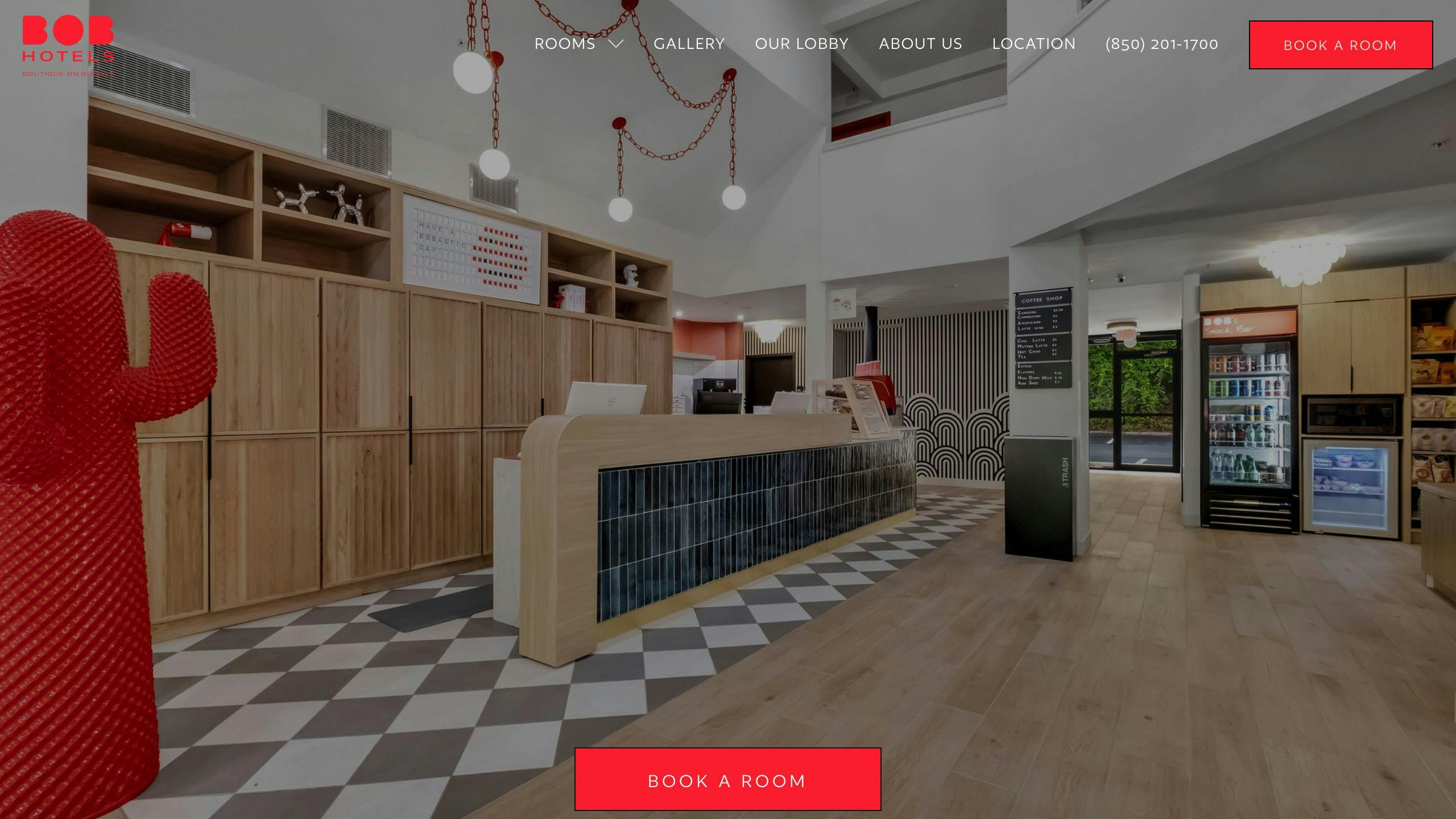
BOB Hotels Tallahassee is designed with millennial travelers in mind, offering an affordable boutique experience packed with modern amenities. It perfectly matches their preference for meaningful, budget-conscious travel.
Features and Affordability at BOB Hotels
This hotel seamlessly blends stylish design with affordability. Guests can enjoy tech-focused amenities like smart TVs, high-speed Wi-Fi, and self-check-in services - ideal for those who value convenience and staying connected. There's also a café serving specialty coffee and breakfast, while the luxury mattresses ensure a comfortable stay without breaking the bank.
Location and Experiences at BOB Hotels
Located near key attractions, universities, and the airport, BOB Hotels Tallahassee provides easy access to the area's highlights. Guests can dive into local culture, a must for millennials inspired by culturally rich social media content [2]. The lobby and pool area are thoughtfully designed as versatile spaces for relaxation, work, and socializing, enhancing the overall experience.
As social media continues to influence millennial travel choices, accommodations like BOB Hotels are raising the bar by combining affordability with cultural and tech-savvy features. This resonates strongly with the 80% of millennials who turn to social media for travel recommendations [1], while supporting their love for engaging local experiences.
Conclusion: Social Media's Role in Millennial Travel
Social media has changed the way millennials plan their trips. Platforms like Instagram and TikTok now play a major role in shaping destination choices, thanks to their focus on visual content. In fact, TikTok has even surpassed traditional platforms like Google as a go-to tool for travel research among Gen Z [1].
But it’s not just about inspiration anymore. Social media has become a hub for everything from trip planning to booking. With 88% of Gen Z following travel influencers, the impact on travel decisions is undeniable [1]. Plus, 64% of millennials and Gen Zs are planning to increase their travel budgets [1], showing how these platforms directly influence spending habits.
These platforms also shape how travelers connect with different cultures. Content that highlights diverse and relatable cultural experiences resonates strongly with millennials, sparking interest and trust in new destinations. This kind of storytelling encourages deeper engagement and a stronger emotional connection to the places they visit.
As social media tools for discovery, booking, and sharing continue to evolve, they’re making global exploration more accessible and personal. This shift is helping millennials connect with the world in new ways, transforming how they discover and experience travel.
